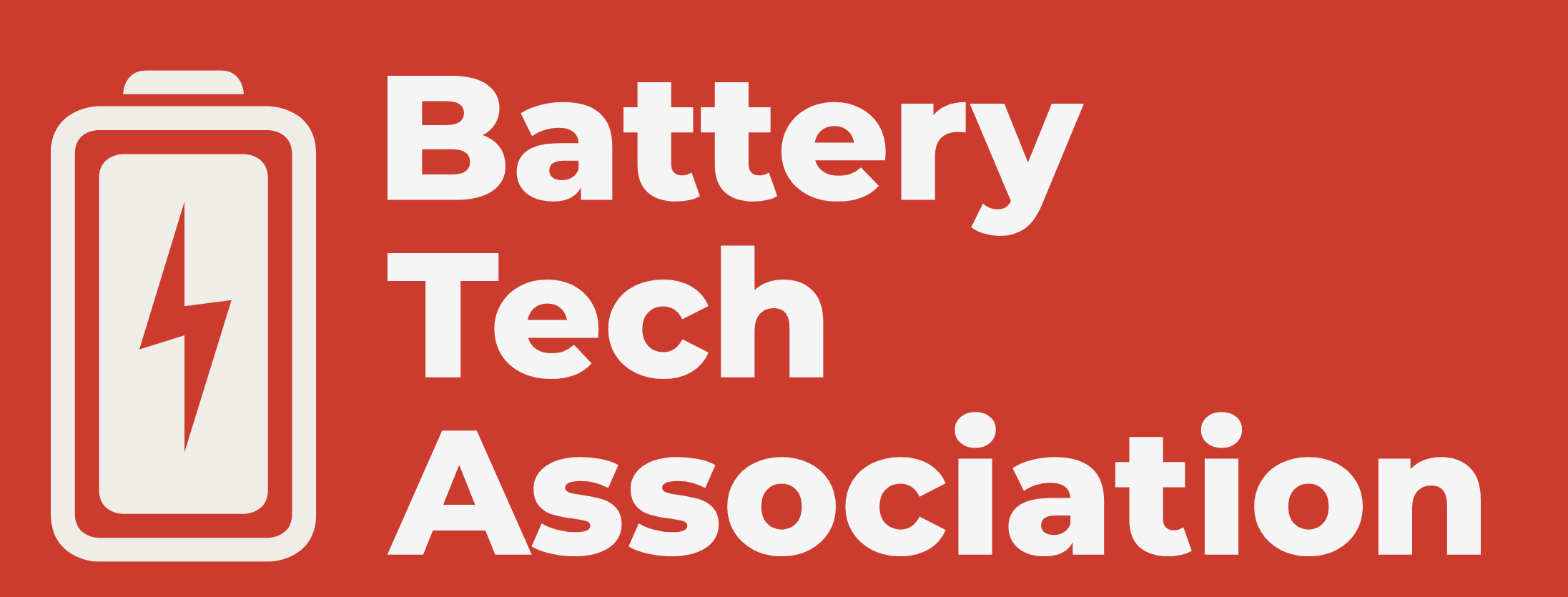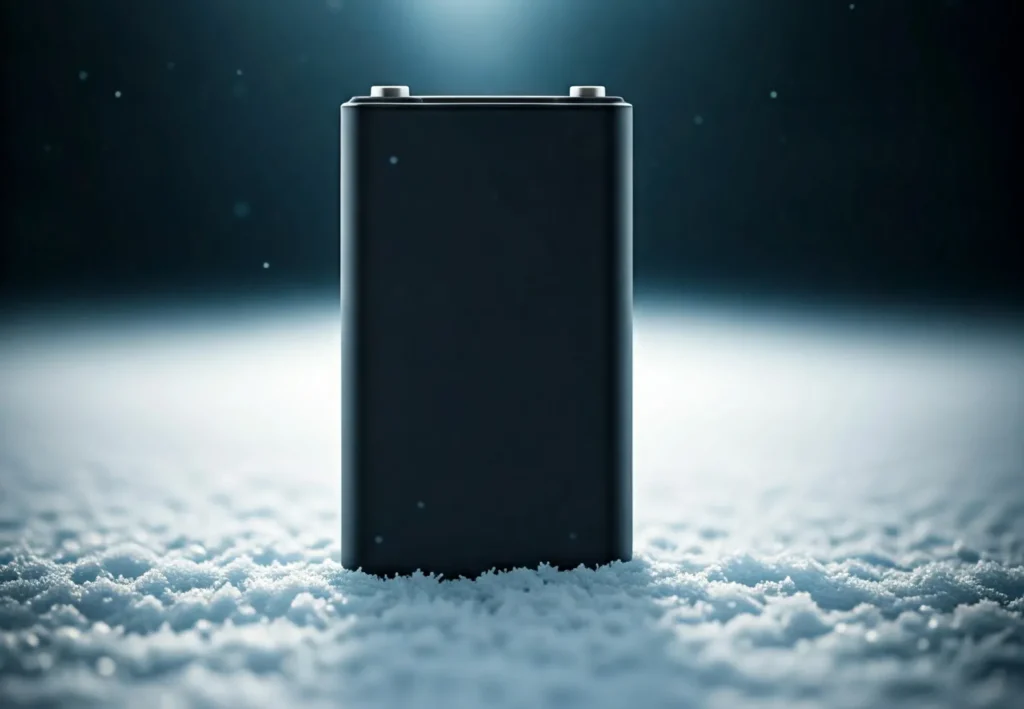Lithium-ion batteries have become integral to modern technology, powering everything from portable electronics to electric vehicles. Their high energy density, long cycle life, and cost-effectiveness make them a preferred choice. However, performance issues arise in low-temperature environments, such as reduced charging efficiency, diminished discharge capacity, and shortened lifespan. Addressing these challenges is crucial for applications in cold climates and specialized fields like polar exploration and aerospace.
Understanding Electrolyte Function in Lithium Batteries
The electrolyte in a lithium battery facilitates ion movement between the anode and cathode, a process essential for energy storage and release. At low temperatures, the electrolyte’s viscosity increases, and ionic conductivity decreases, hindering ion transport. This results in reduced battery capacity and efficiency. Additionally, low temperatures can lead to the formation of lithium metal deposits, posing safety risks.
Strategies to Enhance Low-Temperature Performance
Researchers are exploring various approaches to improve electrolyte performance under low-temperature conditions:
-Solvent Selection: Utilizing solvents with low melting points and viscosities can enhance ionic conductivity at lower temperatures. Linear carbonates and carboxylic esters are particularly effective in this regard.
-Additives: Incorporating specific additives can modify the electrolyte’s properties, improving ion transport and reducing the risk of lithium plating. These additives can also enhance the formation of stable solid electrolyte interphases, crucial for battery longevity.
-Salt Concentration: Adjusting the concentration of lithium salts in the electrolyte can influence its freezing point and ionic conductivity, thereby enhancing low-temperature performance. Higher-concentration LiPF6 in EC-free solvents, for example, have been shown to improve overall ionic conductivity.
Future Directions
Ongoing research aims to develop electrolytes that maintain high ionic conductivity and stability across a broad temperature range. Innovations such as liquefied gas electrolytes (LGEs) are being investigated for their potential to function effectively in ultra-low-temperature environments.
Advancements in low-temperature electrolyte design are essential for expanding the operational range of lithium-ion batteries. By focusing on solvent selection, additive incorporation, and salt concentration adjustments, researchers are making significant strides toward batteries that perform reliably even in the most challenging conditions.
Source: tycorun.com
https://elevenes.com/news/advancing-lithium-batteries-innovations-low-temperature-electrolytes







